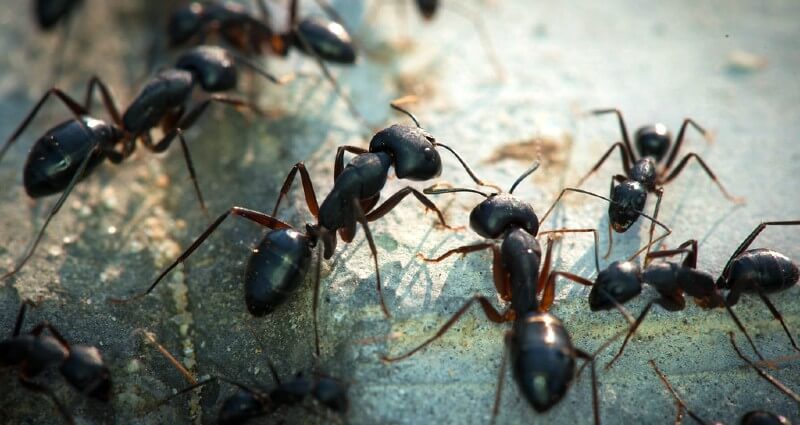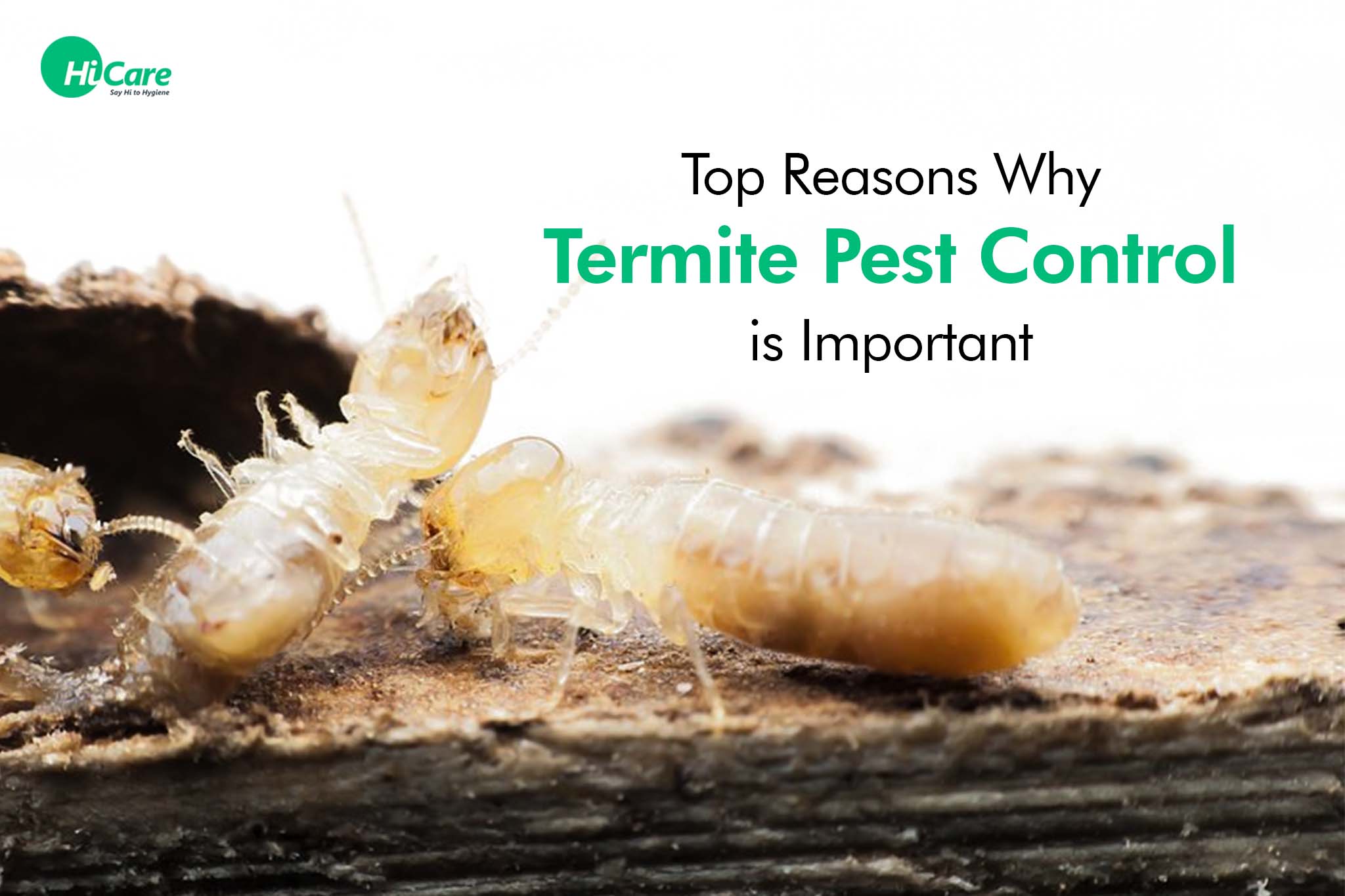Environmental Impact of Pest Control: Harmonizing Effectiveness With Sustainability
The ecological effect of pest control is a critical issue that requires a delicate equilibrium between accomplishing effectiveness in handling bugs and guaranteeing sustainability of our ecosystems. As we strive to secure our plants, homes, and wellness from the hazards postured by bugs, the methods we use can unintentionally harm the atmosphere. From making use of damaging chemicals that permeate right into our dirt and water to the unexpected effects on non-target types, the consequences of conventional bug control practices are significant. There are arising approaches that use hope for a more lasting method to pest monitoring. These options not just aim to attend to the immediate insect problems but also take into consideration the lasting health of our earth.
Damaging Chemicals in Pest Control
The utilization of hazardous chemicals in bug control presents substantial ecological and health and wellness dangers that call for cautious factor to consider and reduction methods. Herbicides, chemicals, and insecticides are frequently utilized to get rid of bugs, yet their prevalent application can cause unintentional effects. These chemicals can infect soil, water resources, and the air, affecting not just the targeted insects but also useful pests, wild animals, and humans.

To attend to these dangers, incorporated insect administration (IPM) methods are being promoted as an extra sustainable alternative. IPM involves a mix of techniques such as organic control, habitat control, and the targeted use of pesticides as a last hope (ant control davidson nc). By adopting an all natural approach to pest control, we can decrease the environmental and health influences connected with dangerous chemicals while effectively managing pest populaces
Influence On Non-Target Variety
Taking into consideration the unintentional consequences of parasite control techniques, the impact on non-target types is a vital aspect that calls for detailed examination. While pest control actions aim to target details parasites, various other organisms in the ecosystem may be inadvertently impacted. Non-target types, including valuable bugs, birds, creatures, and even plants, can endure indirect or straight damage from chemical applications or organic control techniques.
Insecticides developed to fight a particular insect bug might hurt pollinators like or natural predators such as ladybugs. Organic control representatives, if not species-specific, can present dangers to unplanned targets, interfering with the eco-friendly equilibrium.
To minimize the impact on non-target species, integrated pest monitoring (IPM) strategies that highlight an all natural strategy to pest control are suggested. These techniques prioritize making use of environmentally friendly practices, decreasing injury to useful organisms while efficiently handling pest populations. Conducting thorough risk assessments and keeping an eye on the end results of parasite control initiatives are crucial actions in guarding non-target types and promoting general environment health and wellness.
Soil and Water Contamination
Unplanned ecological repercussions of insect control techniques extend past impacting non-target species, with significant ramifications for soil and water contamination - ant control services. Pesticides, herbicides, and chemical plant foods made use of in insect control can seep right into the dirt and infect groundwater, positioning a hazard to both earthbound and aquatic communities.
Water contamination is another crucial issue connected with insect control practices. To reduce dirt and water contamination from parasite control tasks, incorporated bug administration strategies that prioritize sustainability and minimize chemical inputs are essential.
Air Pollution From Chemical Use
Exposure to airborne chemicals throughout agricultural applications postures a substantial problem for air contamination control procedures. They can volatilize into the air and kind volatile natural compounds (VOCs) and various other airborne pollutants when chemicals are sprayed onto plants - termite control. These chemicals can add to the formation of ground-level ozone, a significant element of smoke that can have damaging effects on human health and wellness, crop productivity, and total air quality. In addition, pesticide drift, where chemicals are carried by the wind to unintended locations, can lead to the contamination of close-by communities and water bodies.

Approaches for Sustainable Bug Control
In the world of farming techniques, executing lasting bug control techniques is extremely important for maintaining ecological balance and guarding plant returns. Sustainable bug control stresses the usage of environmentally friendly approaches to take care of insect populaces effectively while reducing harm to non-target organisms and communities. Integrated Insect Administration (IPM) is a widely adopted strategy that incorporates biological, social, physical, and chemical control methods to attain long-term pest management remedies.
Plant rotation and diversity are also effective techniques to interfere with pest life cycles and produce less favorable problems for bugs to prosper. Inevitably, click here now by integrating these sustainable bug control techniques, farmers can achieve an equilibrium in between pest monitoring efficiency and ecological stewardship.
Verdict
Finally, the ecological influence of pest control methods must be carefully considered to stabilize efficiency with sustainability. Damaging chemicals utilized in pest control can cause soil and water contamination, air pollution, and damage non-target varieties - termite control. It is critical to execute lasting parasite control methods to decrease these adverse impacts on the environment and advertise a much healthier ecosystem for future generations
By embracing a holistic method to pest control, we can reduce the environmental and health impacts linked with hazardous chemicals while efficiently handling pest populations.

To minimize the air contamination caused by pesticide use, it is important to take on incorporated pest administration methods that prioritize the use of non-chemical insect control approaches, such as crop turning, all-natural killers, and resistant crop selections. Lasting insect control stresses the usage of environmentally friendly approaches to handle parasite populations efficiently while decreasing harm to non-target organisms and ecological communities. Integrated Pest Administration (IPM) is an extensively adopted technique that incorporates organic, social, physical, and chemical control methods to accomplish long-lasting parasite monitoring services.